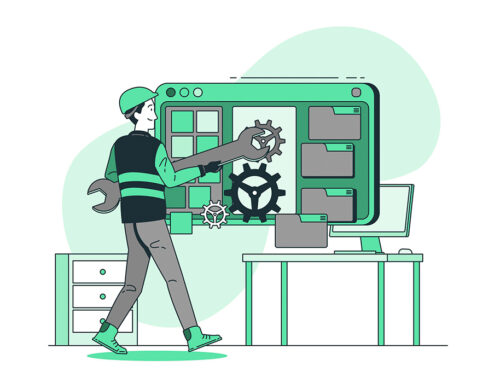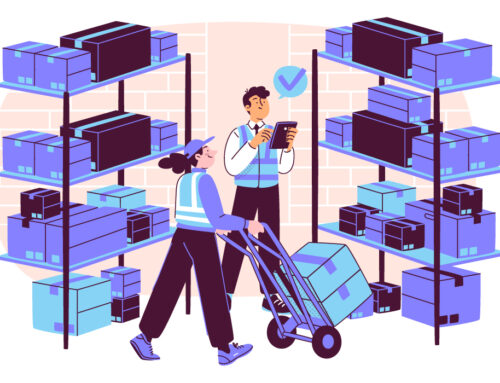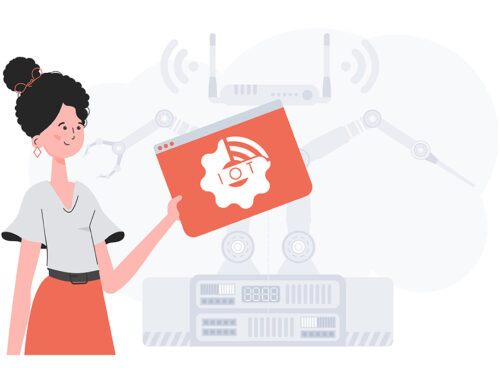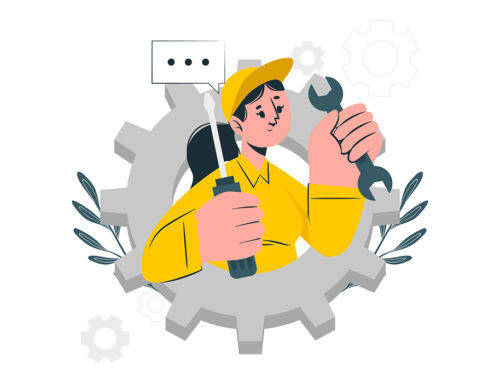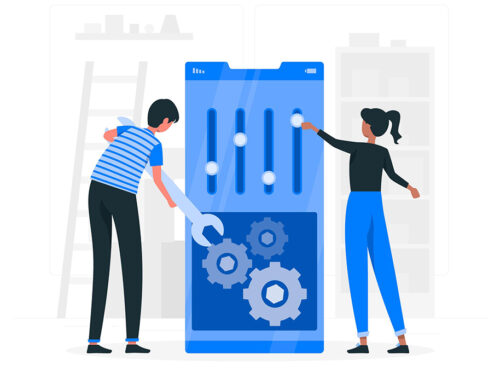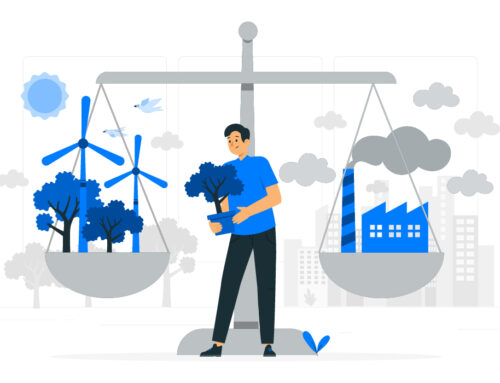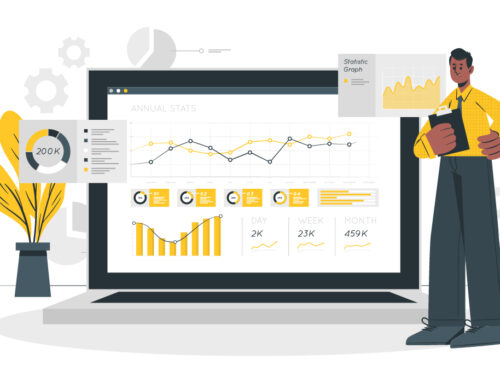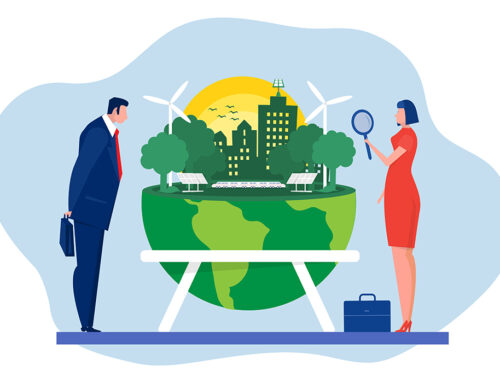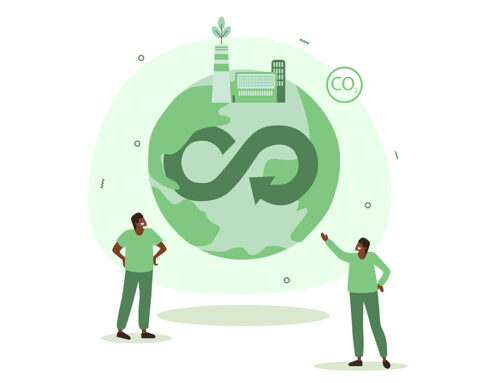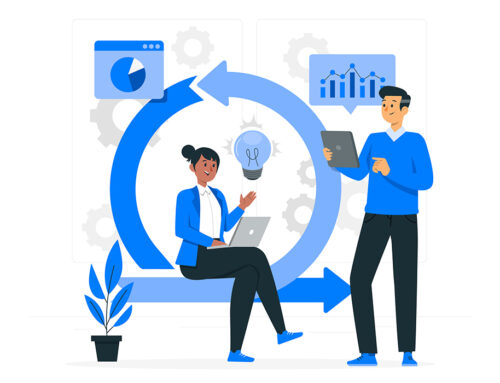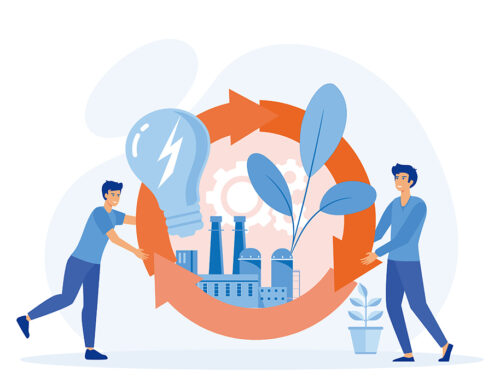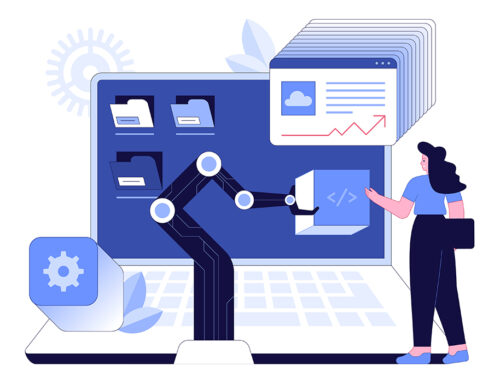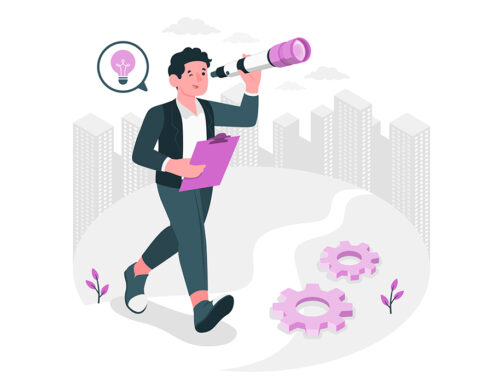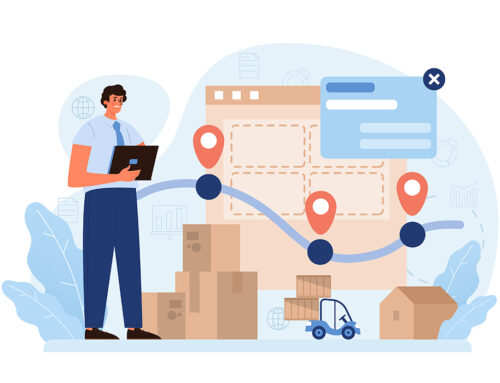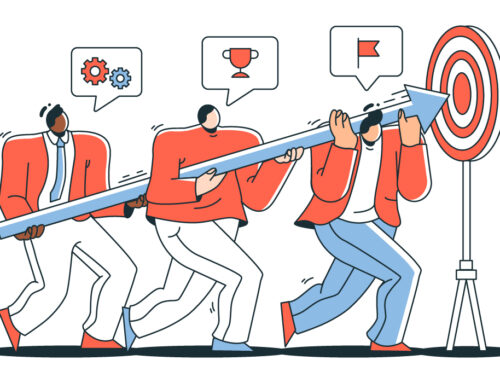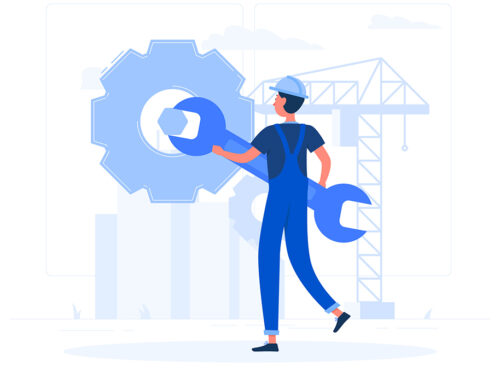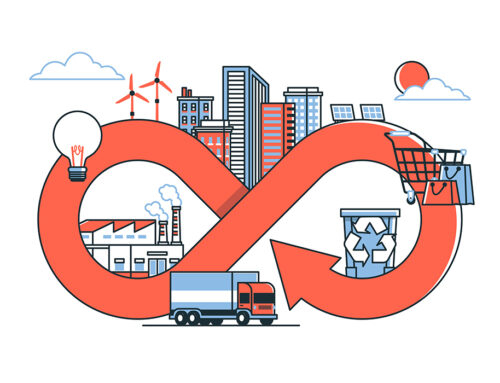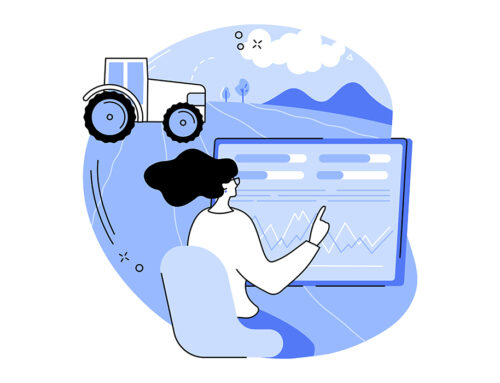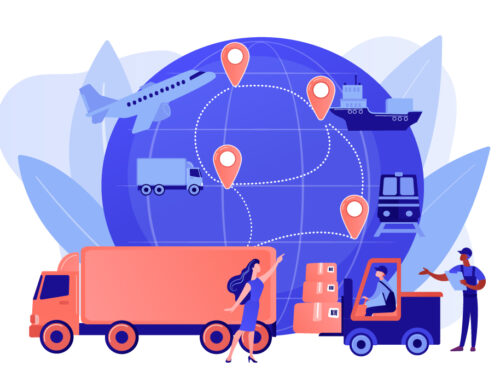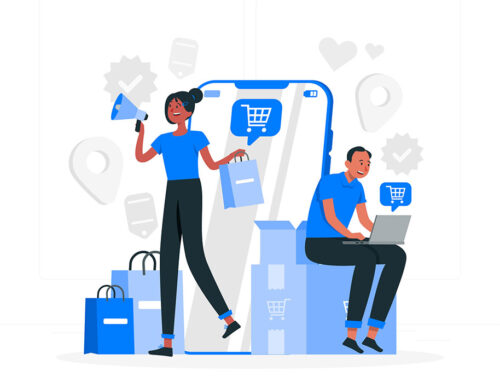This paramount shift in business practice, once a simple supply and demand problem, has made the concept of customer service increasingly complex. The customer landscape has steadily evolved over the past sixty years since the rise of modern call centers but it has only been recently, since the rapid surge of consumer technology, that customer expectation has been so hard to measure, and meet.
A 2016 research report done by Forrester states that 72% of businesses say that improving the customer experience is their top priority. It is an obvious imperative for businesses that want to stay relevant, competitive and not end up a laggard.
But the first step to improving the customer experience is understanding what the customer wants. Even with all the data in the world out there today (cookies, surveys, inbound marketing), it isn’t that easy. Providing the customer with an unrivaled experience should infiltrate every part of your business. So what does your customer in 2018 want?
Real-time interaction
A Salesforce report on the connected customer states that 65% of consumers expect companies to interact with them in real-time. Instant gratification is widely available and with companies competing primarily on customer service alone, response time is an increasingly important differentiator.
An unrivalled experience
According to a Walker study, by the year 2020, customer experience will overtake price and product as the key brand differentiator. Additionally, 86% of customers state they will spend more to get a better customer experience. This means a shifted focus from meeting customer demand to focusing on customer SUCCESS.
Fundamentally the ideals of servitization come into play here where you no longer sell a product or service, but rather the outcome of that product or service.
Mind reading
Ok, maybe not to that extreme. But consumers today want the businesses they interact with to know what they need. This can mean anything from proactive service (which removes the hassle of the customer having to escalate a problem) to intelligent upselling.
So you need a business that caters to the customer and provides them with an unparalleled experience. The connected customer drives the escalator of customer satisfaction and now demands input and acknowledgement throughout your sales and service lifecycle. This means you need processes and systems that support the customer as the bottom line.
The connected customer drives the escalator of customer satisfaction and now demands input and acknowledgement throughout your sales and service lifecycle
What does that mean for the field service management systems that drive your service business and automate your operations?
For IFS it meant recognising the customer imperative service businesses cannot ignore. It meant understanding that empowering the service business to deliver a unique customer experience means delighting the connected customer. It meant recognising that the customer is the focal point of any service transaction.
So IFS made an acquisition that would enable them to provide the only complete connected field service management solution focused directly on customer interaction, from beginning to end.
mplsystems provides the omni-channel contact center and customer engagement support service businesses need to provide the optimum customer experience In fact, Aberdeen Group claims that companies with the strongest omni-channel customer engagement strategies retain an average of 89% of their customers.
What does the future of field service management look like?
Servitization is delivering on customers’ new expectation that their success be taken into consideration, by providing outcome based service offerings.
As digital transformation and customer expectation collide, we can expect a world that manifests immediate personalised touch points. AI will help service businesses understand the customer journey today, while preparing for tomorrow. IoT is already driving the shift from reactive service models to predictive ones.
Servitization is delivering on customers’ new expectation that their success be taken into consideration, by providing outcome based service offerings.
The most forward thinking businesses will be able to leverage new technologies and existing systems to create a customer experience and offering that is rich, insightful, and innovative.
It starts with the customer and its ends with them, and field service management processes and service businesses alike must embrace this.
